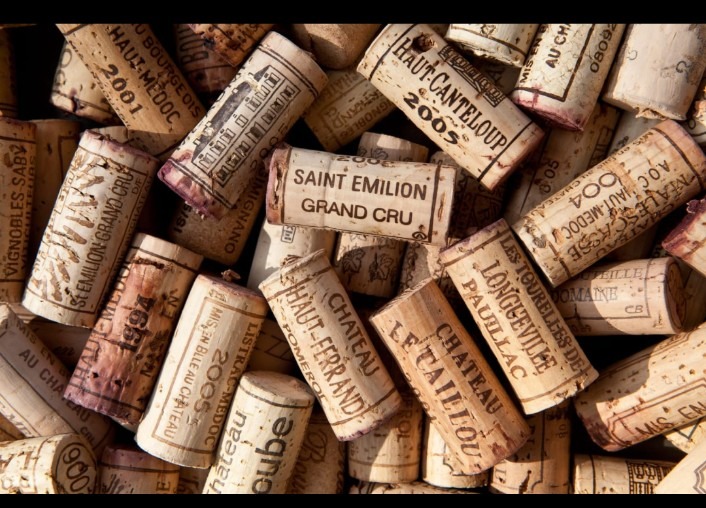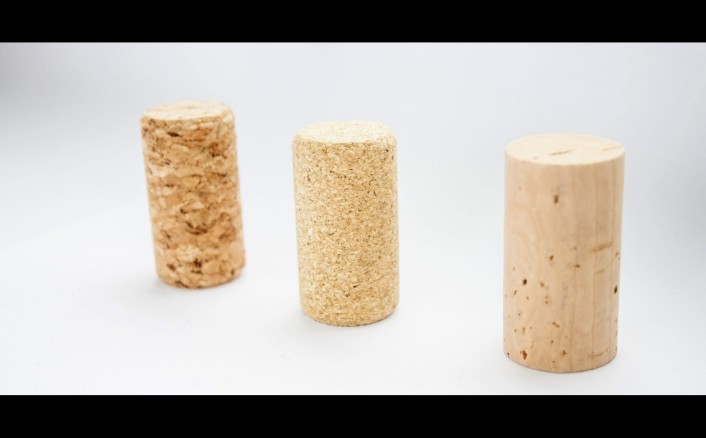Cork Revolution: Nurturing Sustainability Beyond the Bottle
Thank you for reading this post, don't forget to subscribe!

Cork, a traditional sealant for wine bottles, is undergoing a transformative journey as it emerges as a sustainable champion, challenging the dominance of plastic. This versatile material, sourced from cork oak trees, is making strides in diverse industries, bringing forth a greener alternative with a positive environmental impact.

Understanding the Roots of Sustainability: Cork oak trees play a pivotal role in the sustainability story. Unlike the environmentally taxing process of harvesting plastic, cork extraction involves peeling off the bark, allowing the trees to thrive. This not only preserves the trees but also contributes to carbon sequestration and supports biodiversity.
Greenhouse Gas Reduction and Circular Lifecycle:
The production of cork stoppers stands out for its lower greenhouse gas emissions compared to aluminum and plastic closures, reinforcing cork’s eco-friendly credentials. Additionally, cork’s circular lifecycle is evident in successful recycling programs like Green Cork in Portugal and ReCORK in the United States, recycling millions of cork stoppers and minimizing waste.
Biodegradability and Recyclability –
A Winning Combination:Cork’s inherent biodegradability and recyclability position it as an environmentally conscious choice. Programs promoting cork recycling underscore its commitment to a sustainable future. Independent studies even reveal that the carbon stored in a single natural cork surpasses the emissions produced during its manufacturing.
Challenges and Innovative Solutions:
While the benefits of cork are evident, some skeptics argue its limited supply and applicability might hinder a widespread shift from plastic. Nevertheless, initiatives like RE-Cork are pushing boundaries by creating recyclable and biodegradable cork-based composites, paving the way for expanded applications and catering to the preferences of environmentally conscious consumers.
Cork’s Impact on Industries:
Cork is making notable strides, displacing plastics in specific applications and contributing to a billion-dollar industry. Although unlikely to entirely replace plastics, the growing adoption of cork signals a positive shift in consumer choices and positive shift in consumer choices and industry practices, aligning with the global pursuit of sustainability.
Conclusion:
In the quest for sustainability, cork is emerging as a versatile and eco-friendly contender against plastic. Its positive environmental impact, coupled with ongoing innovations, positions cork as a material that transcends its traditional use, offering a sustainable solution for a multitude of industries.Cork’s journey from a bottle stopper to a symbol of sustainability is a testament to the ever-evolving landscape of eco-conscious choices. As industries and consumers embrace the cork revolution, it becomes clear that this humble material has the potential to shape a more sustainable future

Although I enjoy your website, you should proofread a few of your pieces. Many of them have serious spelling errors, which makes it difficult for me to convey the truth. Nevertheless, I will definitely return.